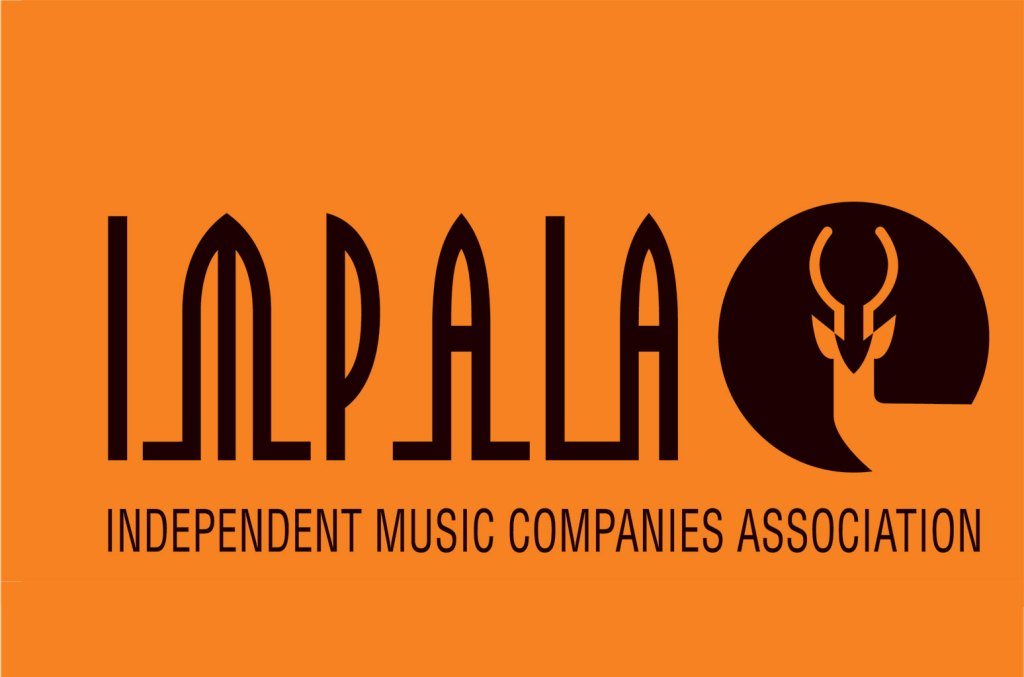Spotify’s new royalties model will be a subject of discussion when IMPALA’s board meets later this month.
In a brief statement, the Brussels-based independent music companies association announced it was canvassing its member views on the proposed changes, detailed for the first time in a blog post published on Tuesday (Nov. 21).
“Our focus is and will remain ensuring a fair, diverse and sustainable music ecosystem for all,” reads the trade body’s message, “as set out in our 10-point plan to make the most of streaming, which was released two years and a half ago and was updated earlier this year.”
The board of IMPALA is scheduled to meet next Thursday, Nov. 30.
With its post, Spotify confirmed the broader music industry’s worst-kept secret by sharing details of a three-pronged royalties model, which would funnel more money to popular artists, labels and distributors, lift the streaming threshold, while putting the clamps on streaming fraud.
Among the changes touted by Spotify: tracks must have reached at least 1,000 streams in the previous 12 months in order to generate recorded royalties; labels and distributors will fined per track when “flagrant artificial streaming is detected” on their content; and functional content — think rain noises, whale sounds, recordings of wind rustling the leaves— will be significantly devalued, and its minimum track length increased to two minute into order to be eligible to generate royalties.
By tackling these issues that account for just a “small percentage of total streams,” Spotify reckons, its new policing of content “now means that we can drive approximately an additional $1 billion in revenue toward emerging and professional artists over the next five years.”
IMPALA’s voice has been front and center in the debate for a “fairer, more dynamic” streaming market.
In April, IMPALA published an updated version of its 10-step plan to “make the most of streaming,” which proposed various changes to how digital royalties are allocated, including attaching a premium value to tracks that the listener has sought out, a so-called “Fan Participation Model” whereby artists and rights holders could generate incremental revenue within digital services through offering special features and extra tracks, higher share for master rights and more.
Later, in September, IMPALA raised concerns over the new “artist-centric” streaming model being rolled out by Deezer and Universal Music Group (UMG), warning of a potential “two-tier” music market that unfairly disadvantages indie artists and labels.
The European trade body represents nearly 6,000 independent companies, labels and national associations, including Beggars Group, Cooking Vinyl, Epitaph and PIAS Music Group.
Source link









